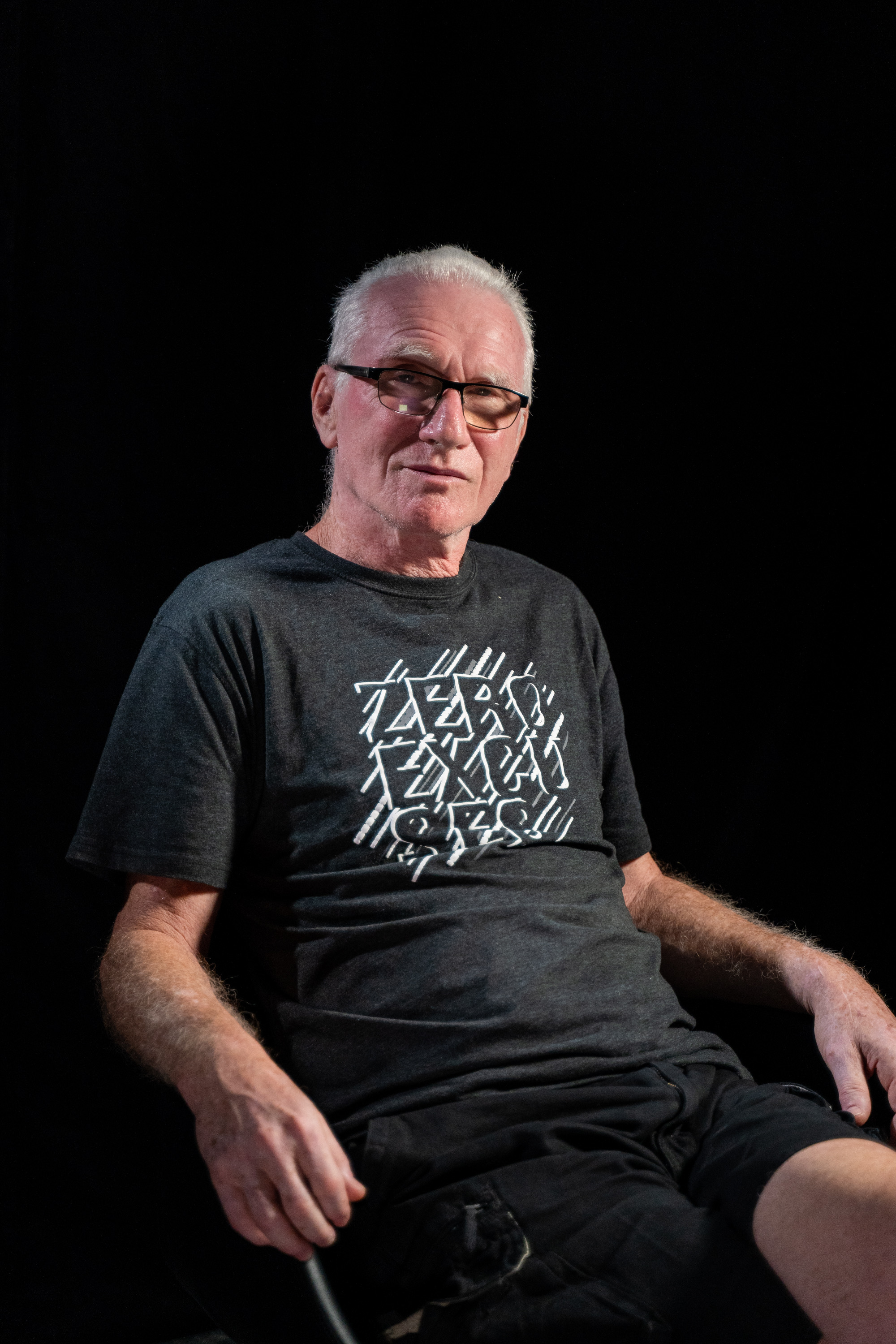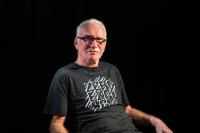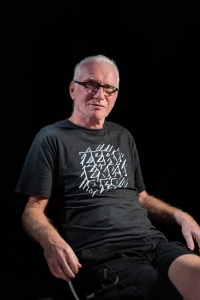We Israelis feel like Slovak Jews, but we are Israelis. We have never been related to Slovakia as a state, but as a country. And with Slovaks as with people

Download image
Pavol Foltýn was born on October 17, 1952 in Rožňava in Gemer. He spent his childhood in Revúca, where he started attending elementary school in 1959. Pavol comes from a Jewish family, his father Imrich was born on March 8, 1913 in Hnúště and worked at the Stavebný závod - Lesostav Revúca. Pavlo’s father had to enlist in a labor camp in territory Ukraine in 1942, and two years later in Jelsava. In 1944, he was a participant in the Slovak National Uprising. Pavlo’s mother, Ela Veronika Wreinbergerová, was born on April 20, 1920 and came from Hungary. In 1944, she was deported to the concentration camp in Auschwitz-Birkenau, where she participated in the death march, during which she escaped together with other women. Pavlo’s parents got married in 1946 and moved from Revúca to Košice in 1962. Pavol thus finished elementary school on Kukučínová Street in Košice, and graduatedat the Electrical Engineering Secondary School. As a sixteen-year-old boy, he experienced the invasion of Czechoslovakia by Soviet troops in 1968. Right after high school, he got a job at the Východoslovenské železiarne. He later left VSŽ and in January 1980 joined the state forest company as an electrician. Pavol went to Israel in 1992, where he still lives today. He has three children and is currently retired.

